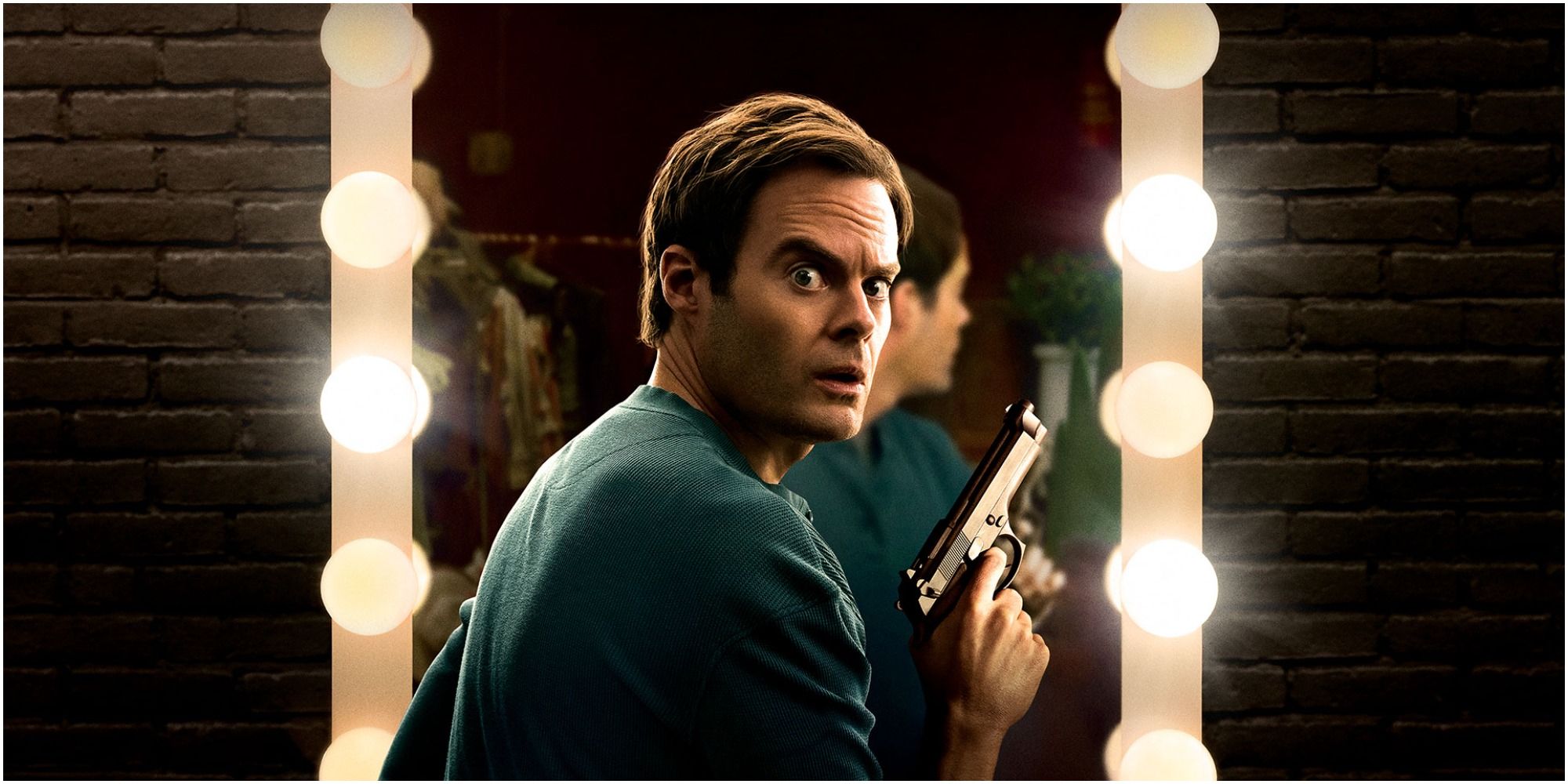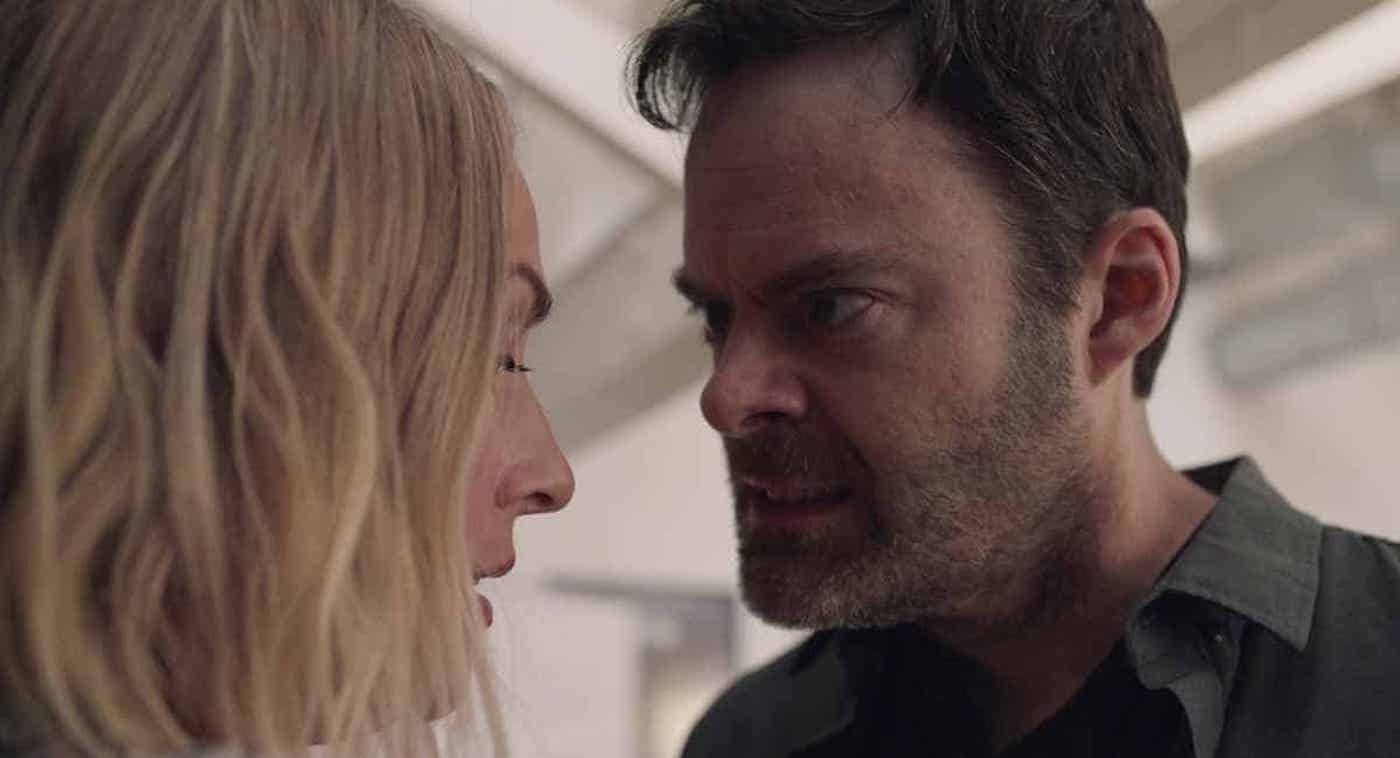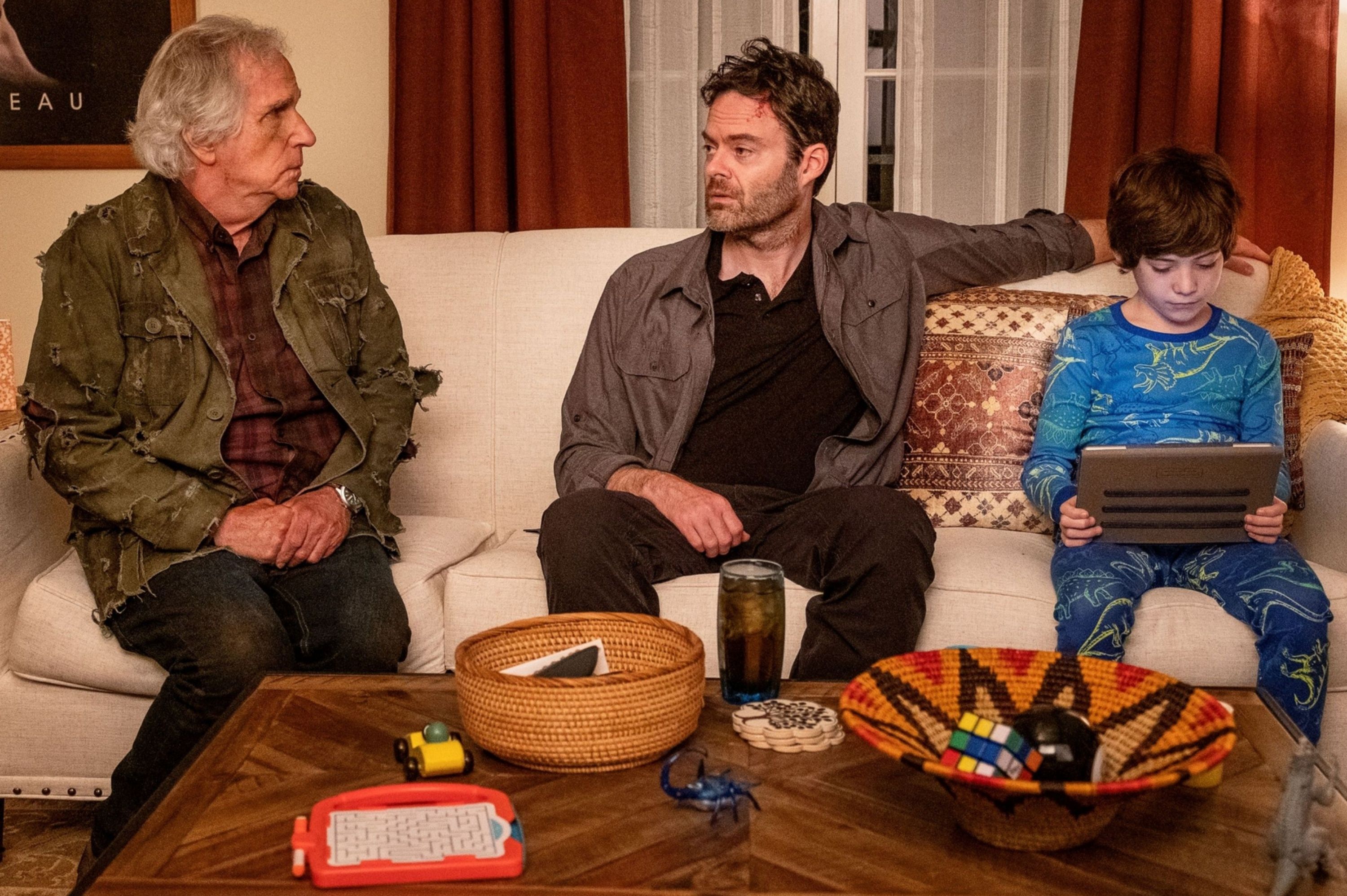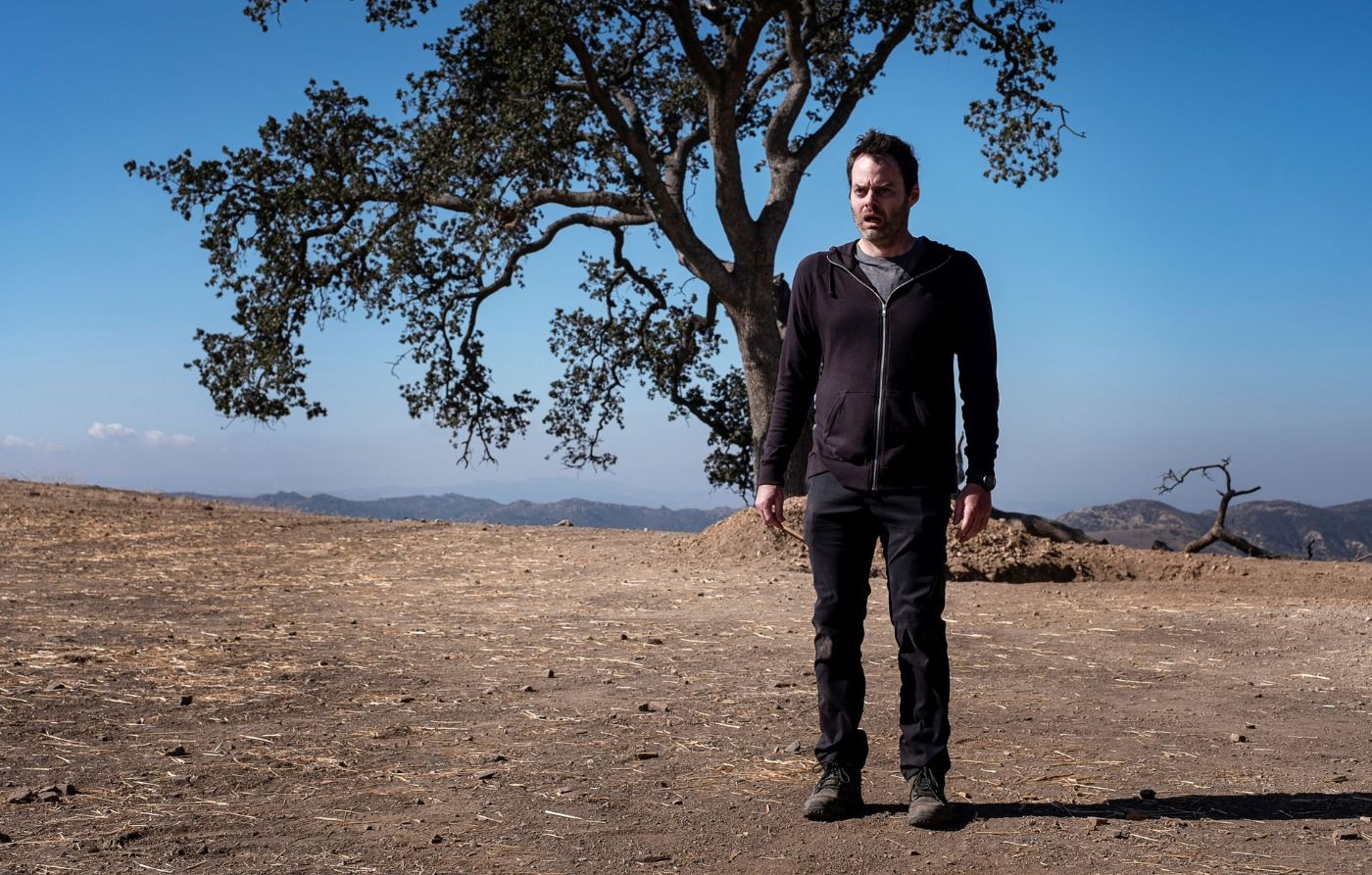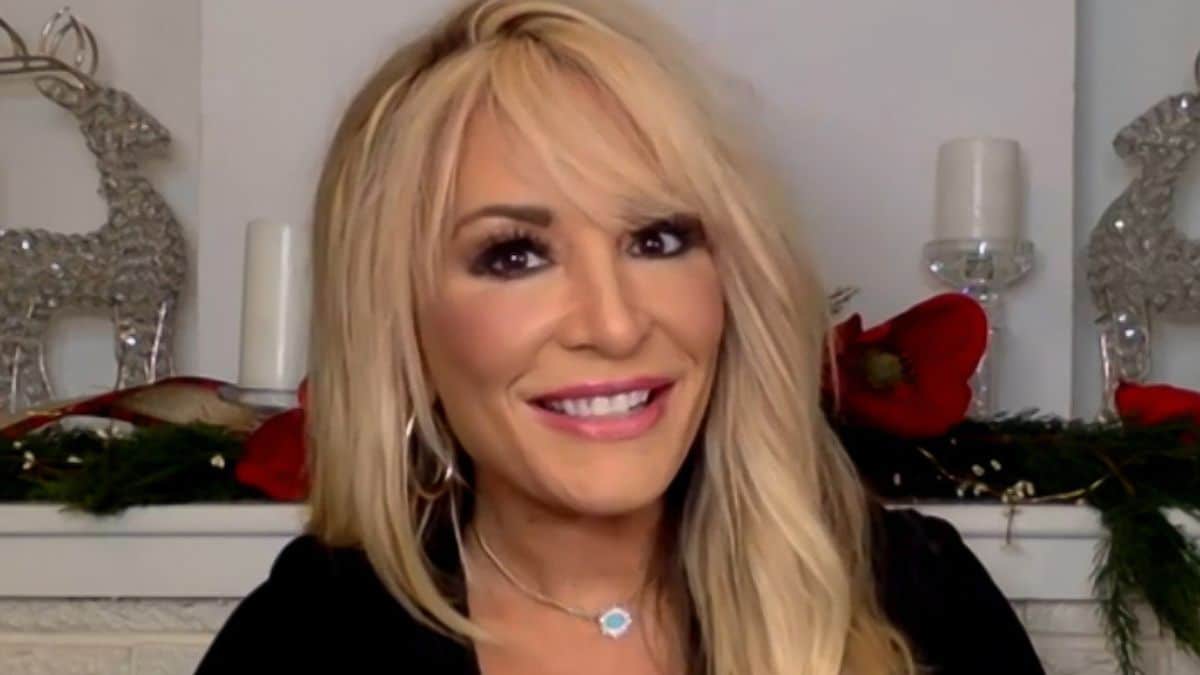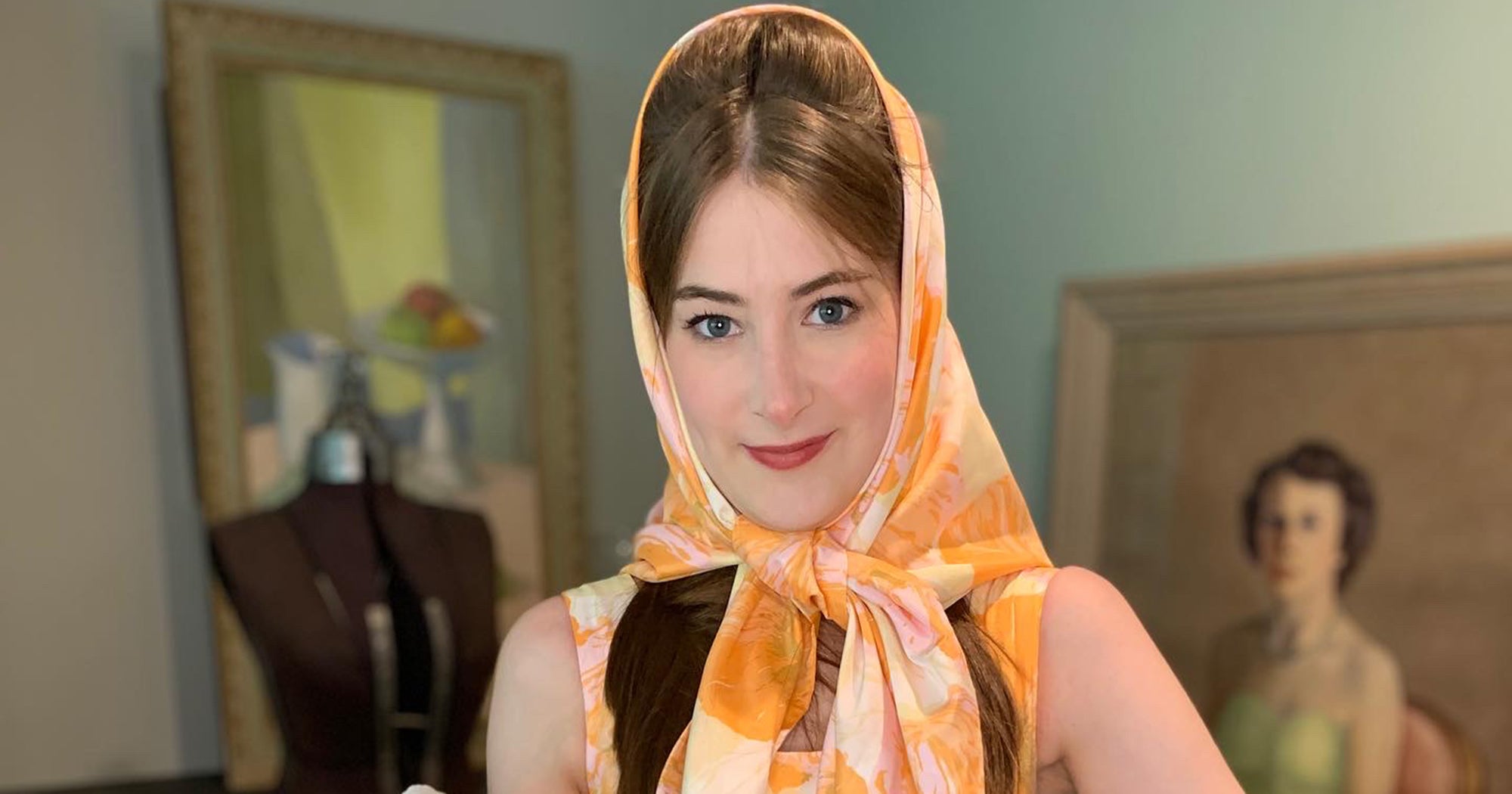Editor’s note: The below article contains spoilers for the Season 3 finale of Barry.
In the latest season of Barry, something fundamentally changes about the titular character, and you can practically pinpoint the moment it happens. There’s a scene early on in Episode 2 of Season 3, where Barry (Bill Hader) goes to where his girlfriend Sally (Sarah Goldberg) is now working in her dream job of running and starring in a TV show. He yells at her in a blistering and uncompromising way in front of her co-workers, which oddly feels far scarier and more unsettling than any of the hits he’s done over the course of the show. Seeing how the rest of the season played out, the scene makes clear that the show is no longer interested in indulging the “quirky hitman” archetype that Barry is very much derived from, and is now looking to tear down and dissect that archetype in a way that makes Barry as hard to comprehend as you’d expect a real-life hitman to be.
At the beginning of Season 3, Barry is already quite the mess. His acting mentor, Gene Cousineau (Henry Winkler), now knows that he killed his girlfriend Janice and Barry must grapple with whether to resolve things with Gene or put him on the long list of people he’s killed. This sets Barry on his quest to get Gene working again in TV while basically holding him hostage, and thus leads to the aforementioned scene between Barry and Sally. In it, the content of their conversation involves Barry asking that Sally get Gene a part on her show. After Sally explains that no one wants to cast Gene because of his reputation for being difficult, Barry starts berating her, telling her that his whole life depends on this before bluntly screaming at her to just “do it” with the kind of forceful precision that you would expect from such a prolific hitman.
The scene is so potent and uncomfortable because it has this character cross the line from quirky hitman that you want to see go straight into abusive boyfriend territory, which makes him much harder to sympathize with for the rest of the season. In the first two seasons of Barry, you saw the show very much playing around with the archetypes that had been established around the idea of the conflicted hitman who has a bit more going on in his head than just killing people for a living. Movies like Pulp Fiction, Grosse Pointe Blank, and In Bruges established this trope by using the absurdity of the profession paired with the cold-blooded nature of such a person who would choose to do it. Much like in these movies, the previous seasons of Barry would often make this character likable (mostly due to Hader’s unflappable affability) despite his ability to turn on a dime into killer mode. But in this scene with Sally, Barry goes from existing in the world of movie hitmen and into the kind of career criminal who’s much easier to conceive of in real life — the type of toxic person who strains every relationship they have until every conversation they have becomes merely a transaction.
The show is also smart enough to recognize that being in an unhealthy relationship with someone like Barry would almost certainly have a ripple effect. We see this in Sally as she deals with the frustrations of her TV show being canceled. At first, she’s repelled when Barry offers to go “scare” the executive who decided to cancel her show, but by the end of the season, when Sally sees that her former assistant Natalie (D’Arcy Carden) has gotten her own show using one of Sally’s ideas, she berates her in an elevator, mirroring the earlier scene between her and Barry. However, unlike Barry, she’s caught doing it on camera, and actually must face the career consequences of her unhinged behavior. It’s a surprisingly insightful commentary on the nature of deeply unhealthy relationships from a show that also has lots of shoot-outs and absurdly hilarious moments like a drug kingpin uttering with the utmost seriousness while interrogating someone, “the guys want to go to Buffalo Wild Wings and try all the sauces.”
The unhealthy nature of Barry’s relationships doesn’t just extend to Sally this season, as his relationship with Gene Cousineau is far more effusive, but just as deranged. Barry clearly sees Gene as a kind of father figure, wanting some sort of affirmation from him while not being self-aware enough to realize that the damage he’s done to Gene leaves their relationship beyond repair. Regardless, Barry wedges himself into Gene’s life (and his family’s) in the hopes of resurrecting Gene’s acting career and in the process keeps Gene from going to the cops and ratting Barry out. There are a few moments when you see how deeply indebted Barry feels toward Gene because of his guidance in the earlier seasons, where Hader’s performance shines through as particularly raw and in many ways very sad. It’s in these moments that Barry almost becomes sympathetic again since he’s clearly going through some sort of mental health crisis. However, his earlier actions have just pushed him too far beyond a flawed character that you want to root for and into being more of an irredeemable trainwreck that you’re just waiting to see catch fire.
In addition to these two key relationships unraveling (not to mention the irreparable one with Stephen Root’s Fuches), we also see the sins of Barry’s professional life as a hitman finally catching up with him. This is not always the case for other quirky hitmen in TV and film. One can’t help but think of the ending of Pulp Fiction, where Samuel L. Jackson’s Jules survives one more dicey situation after professing a kind of spiritual enlightenment that has come with reflecting on his questionable career as a hired killer. Barry is not prone to that kind of introspection, as he continues to be a very reactive character, constantly using his wits and expertise to get out of various situations where people are trying to kill him, with little reflection on those he’s killed in the name of his own survival. The show takes the time to introduce several characters whose loved ones have been killed by Barry (such as Janice’s dad, Jim), and it both furthers this season’s willingness to make Barry less sympathetic while also creating the sense that one of them will eventually exact their revenge on him.
Barry is a show that wears its cinematic influences on its sleeve, especially when Bill Hader’s status as a low-key film geek has long been apparent. However, it continues to feel akin to the types of morally gray anti-hero characters that brought about the renaissance of the TV drama in the ‘00s, despite the fact that Barry is often just as much of a comedy. The way the walls seem to be closing in on Barry in ever-intensifying ways can’t help but make you think of Breaking Bad, another show with a protagonist that started out fairly likable and became far less so as he embraced the darkness and criminality of his circumstances.
However, in regard to how this latest season depicted its genre tropes as well as the people who entered the lives of this very cursed character, it was hard not for me to think of The Sopranos as well. Much like Barry, this historic show started out as a riff on a well-worn crime genre, in this case the stylish gangster movies that Martin Scorsese had perfected a few years before The Sopranos premiered. However, as the series went on, the show (despite its dark humor) felt more like a harrowing depiction of what it would actually be like to have a mafia don in your life. It wouldn’t be all cigars and cannolis interrupted by the occasional hit, it would be a truly toxic and untenable living situation for everyone who comes into contact with this menacing (albeit charismatic) figure. Though the comeuppance that Barry gets at the end of this season is a bit softer than what (one can assume) happens to Tony at the end of The Sopranos, you also get the sense that Barry could still face far worse consequences in Season 4.
























































![Key Metrics for Social Media Marketing [Infographic] Key Metrics for Social Media Marketing [Infographic]](https://www.socialmediatoday.com/imgproxy/nP1lliSbrTbUmhFV6RdAz9qJZFvsstq3IG6orLUMMls/g:ce/rs:fit:770:435/bG9jYWw6Ly8vZGl2ZWltYWdlL3NvY2lhbF9tZWRpYV9yb2lfaW5vZ3JhcGhpYzIucG5n.webp)


